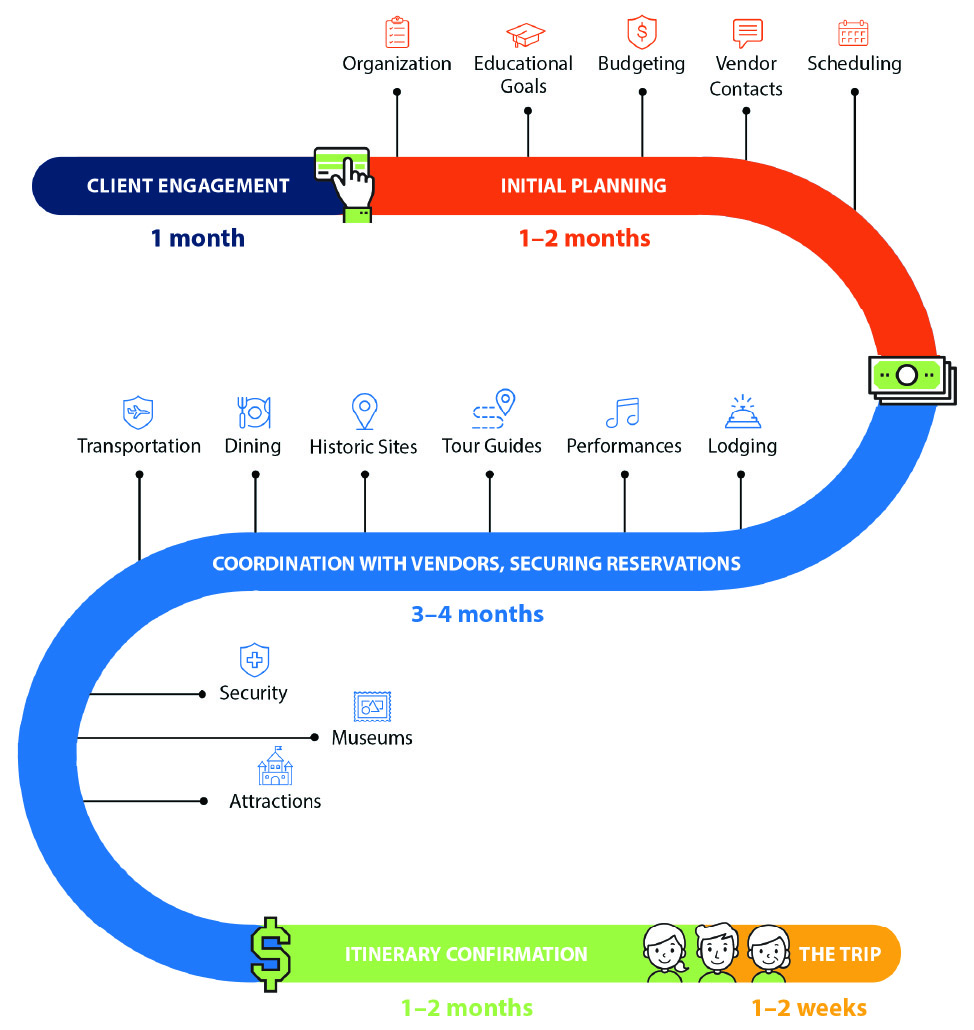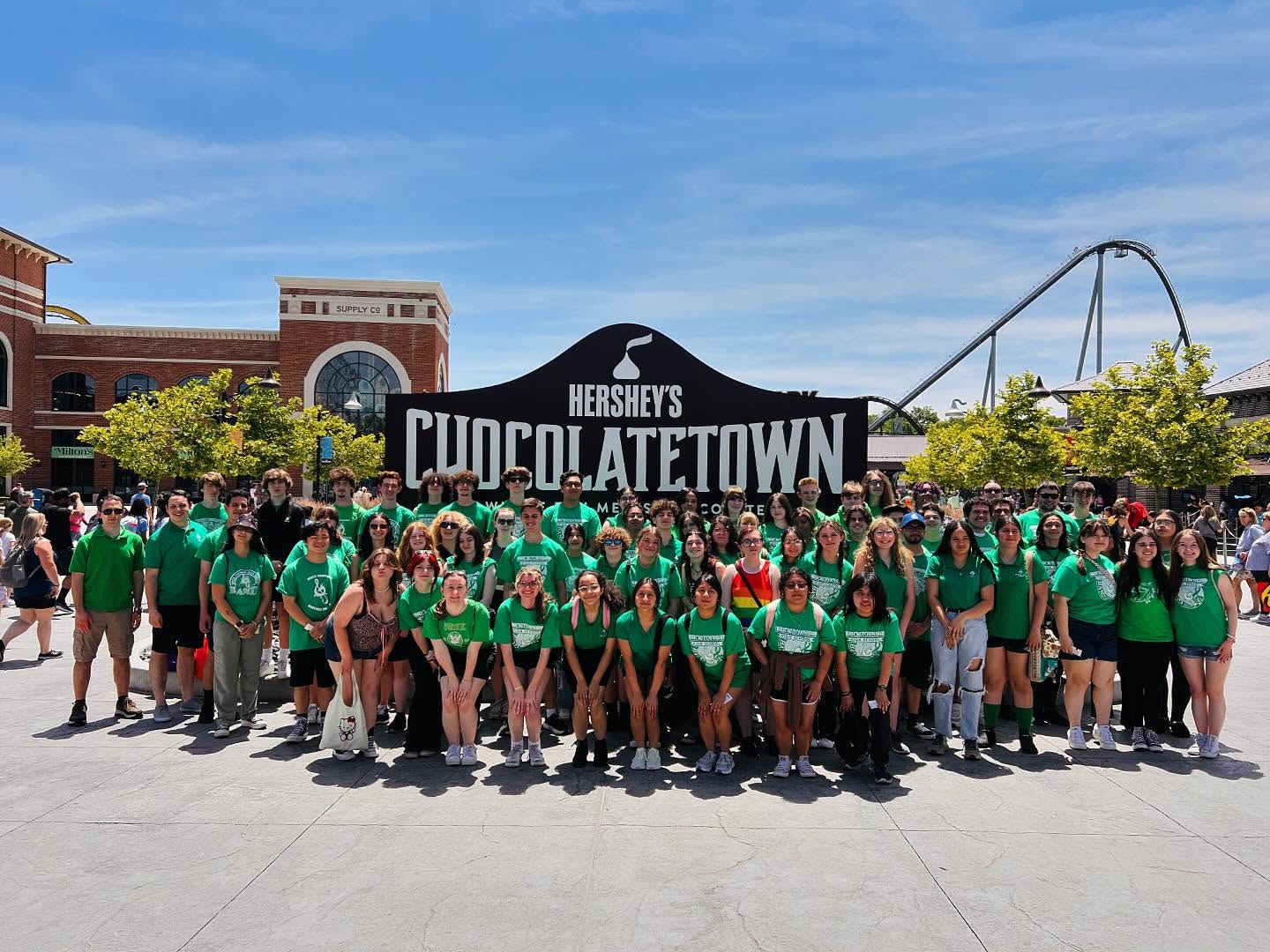 The next entry in “Colonel’s Book Club” is Make It Stick by Peter Brown, Henry Roediger, and Mark McDaniel. This book was suggested to me by a colleague and it is a fascinating study about how we really learn (and therefore how we really should teach).
The next entry in “Colonel’s Book Club” is Make It Stick by Peter Brown, Henry Roediger, and Mark McDaniel. This book was suggested to me by a colleague and it is a fascinating study about how we really learn (and therefore how we really should teach).
As you will see, their theories run counter to the ways many of us have been taught (Practice makes perfect! Repeat it until you get it right!) and I’m still working on breaking old habits and incorporating it into my own teaching. As always, I hope this “appetizer” will lead you to read this terrific book.
As with previous editions of the “Club,” anything that appears in italics is a direct quote from the book.
– Learning is deeper and more endurable when it’s effortful. Learning that’s easy is like writing in sand, here today and gone tomorrow. The authors go on to demonstrate this with a wide range of studies and tests of large sample populations.
– Retrieval practice – recalling facts or concepts from memory – is a more effective learning strategy than review by rereading (or repetition). How often has each of us been frustrated when we’ve spent time in a rehearsal on a passage to get it right and then the next day it sounds like they’re sight-reading!
– Skill (as in true learning) is better acquired through interleaved and varied practice than massed practice. Again, this runs counter to what many of us have learned, which is to master each step before going on to the next. While that concept is valid, true mastery only comes by circling back to the learning objective, requiring the student to retrieve the knowledge.
– People who learn to extract the key ideas from new material and organize them into a mental model and connect that model to prior knowledge show an advantage in learning complex mastery. When circling back to a concept, instead of regurgitating what we just heard, we’re more likely to remember the underlying concepts. Let’s say you have constantly emphasized the concept of long notes being “in repose,” slightly softer to uncover the answering moving part. How wonderful was it the first time that the musicians did this without being asked to do so?
– Elaboration is the process of giving new material meaning by expressing it in your own words and connecting it with what you already know. The simple exercise of having the student explain the concept in their own words helps to embed it as knowledge. As a personal aside, one of my wonderful grandchildren is dyslexic. When I help her with her homework, when we have finished a problem, I always ask her to explain it to me. If she can I know we’re on the way to true learning. Asking her to explain it again a day or two later is even more important, especially to a person with this disability which can make learning and memorization much more difficult.
– One of the most striking research findings is the power of active retrieval – testing – to strengthen memory, and that the more effortful the retrieval, the stronger the benefit. You mean testing can be good? Actually, frequent, low-stakes quizzes have been proven to result in dramatic improvements in learning and retention.
– Interleaving the practice of two or more subjects or skills is a more potent alternative to massed practice. Learning from interleaved practice feels slower than learning from massed practice. But the research shows unequivocally that mastery and long-term retention are much better if you interleave practice. The authors note that interleaved practice is often unpopular with students and teachers and is therefore seldom used. It feels slower and confusing, but at the end, students learn and retain more.
– How Learning Occurs. Encoding: The physiological process where something is observed and the brain converts it to chemical and electrical changes. Consolidation: The brain reorganizes and stabilizes the chemical and electrical changes. Retrieval: Durable, robust learning requires… as we recode and consolidate new material from short-term memory into long-term memory, we must anchor it there securely, and we must associate the material with a diverse set of cues that will make us adept at recalling the knowledge later.
– Our success is less dependent upon IQ than on grit, curiosity, and persistence. Don’t focus all of your attention on the “stars.” Often, the most successful are the “grinders.”
– Spaced practice means studying information more than once but leaving considerable time between practice sessions. I have found this to be particularly relevant to score study. By putting several days between sessions looking at the same score, I find that I see and recall things more easily. Our brains are working constantly in the background, especially when we sleep. Give the world’s greatest computer time to do its work.
So, how do we incorporate this into our teaching? First, we can try to always circle back to a concept supposedly learned, to see if the musicians can retrieve it. I discussed this with a colleague in higher education and he said, “we now call that ‘spiral learning.’”
I wonder how much some consultant got paid for that term! On page 225 of the book, the authors have a section called “Tips for Teachers.” They provide some useful “how-to’s” as well as case studies from successful programs.
This book deserves to be read by educators who want to do their job better (isn’t that all of us?). Implementing its concepts in daily teaching is not easy but having tried it and spoken to colleagues who practice it, the effort is worth it. Music making at higher levels requires every musician in the ensemble to be “thinking like a conductor,” understanding how they fit into the greater whole and applying musical concepts instantly and instinctively. To practitioners in other disciplines, this is heady stuff and a level of putting learning into practice that they rarely aspire to. But we (hopefully) do it every day!
Last month’s SBO article included some reflections relevant to Memorial Day and the legacies we leave. Next month I’ll share some behind the scenes recollections of performing the most surprising “American” musical tradition in some famous (and not so famous) venues. As always, I love to hear from SBO readers about things you would like to see in future articles. Contact me at www.ThomasPalmatier.com.
























